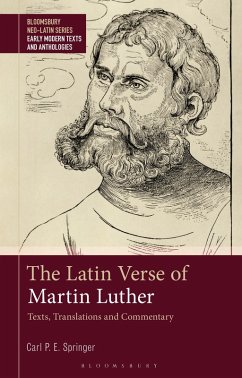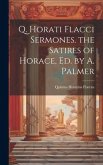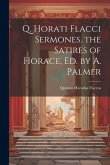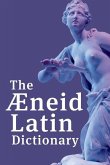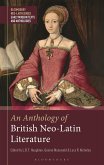"As this book demonstrates, Luther's Latin verses are valuable cultural products that amply reward scholarly reconsideration. Springer's volume is the first to provide English translations of all of them. It also includes extensive introductions and line-by-line annotations for each of the poems, situating them within their literary traditions and contemporary contexts. As such, it should help readers to see that far from being a reformer who more or less repudiated the Classics, or someone who merely dabbled in them, Luther was a confident, even bold, Latin poet, who was serious about working out his own distinctive synthesis between Christianity and the language and literature of the ancient Romans"--
Hinweis: Dieser Artikel kann nur an eine deutsche Lieferadresse ausgeliefert werden.
Hinweis: Dieser Artikel kann nur an eine deutsche Lieferadresse ausgeliefert werden.

